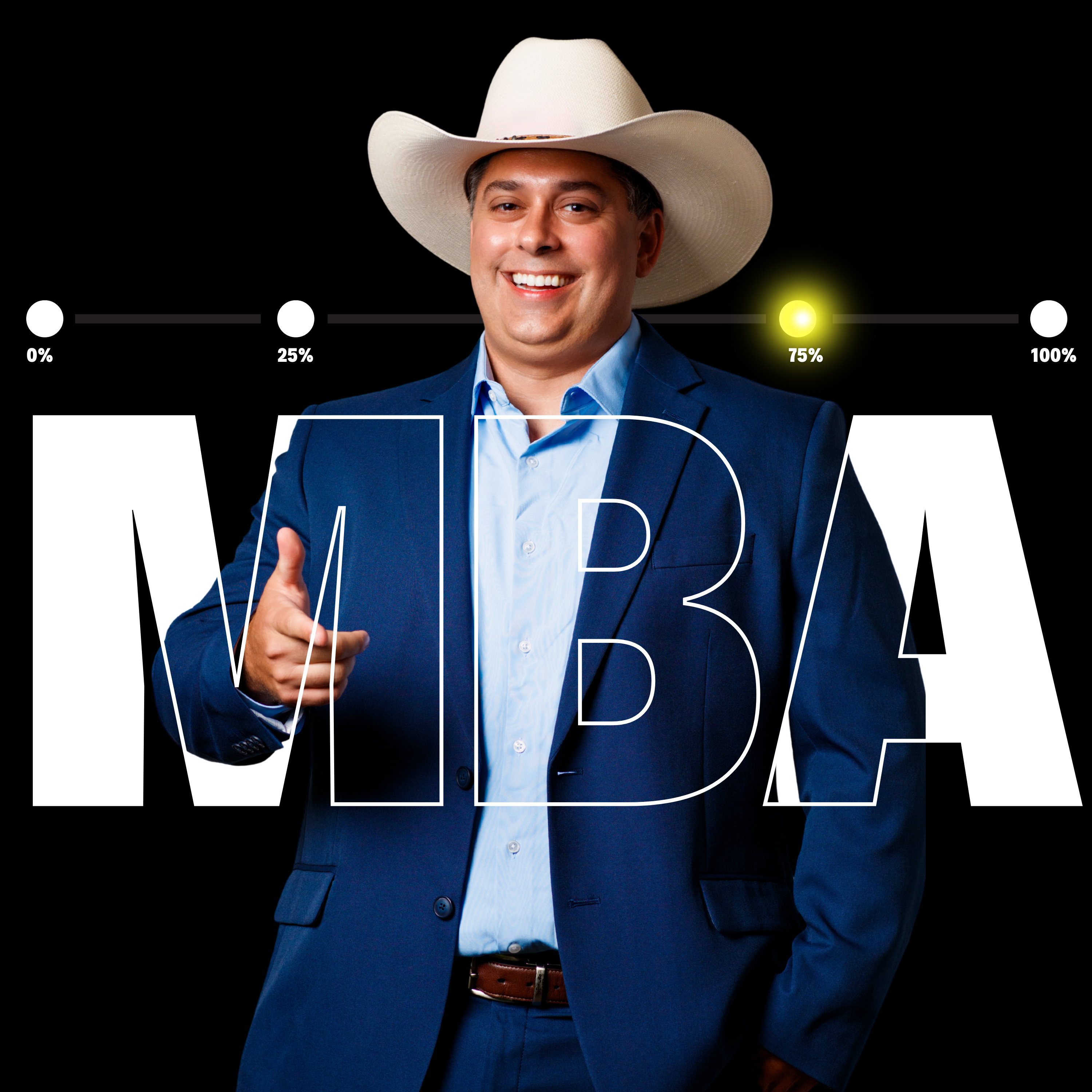
At 18 years old, my English teacher returned my final research paper marked with an F grade. When I asked why, the response was,” This reads like an illiterate child.” Then came the final blow, “You’re not cut out for college,” That moment shaped my mindset for years.
This story is not meant to create excuses, it is intended to challenge a person questioning, “Is college the right choice for me?”
What Does The Data Tell Us?
“You do not need a degree to be successful!” Online influencers promote this narrative. This is a privilege to say, even though:
- 2.4 million people actively searched for jobs and never found one.
- 39% of students in a bachelor’s program did not finish within eight years.
Remember that 2015 movie, The Big Short, when the actor Brad Pitt said, “Every 1% unemployment goes up, 40,000 people die!”
That is not true.
What is more accurate is that unemployment is a significant risk factor for mortality, particularly when it is long-lasting (Hovee, 2020). That is why another statistic from The Bureau of Labor Statistics is essential:
There is a 2% lower unemployment rate for college degree holders
If 13.7 million people experienced unemployment in 2023, 274,000 fewer people would have been unemployed had they held a college degree.
Unemployment is not just a personal issue; it also affects businesses and the economy, as employers ultimately bear the financial burden.
The average cost of single unemployment claims ranges between $4,200 to $12,000
Hypothetically, if those 274,000 people had a degree and avoided unemployment, the economy would have saved a minimum of $1.15 billion.

With no degree, finding stable, full-time employment is harder.
What About Those Who Succeed Without a Degree?
Yes, some individuals build successful careers without a degree. Many inspirations come from entrepreneurs, tradespeople, and specialized technical roles.
But if skipping college is the better path, then why?
Even trade careers carry risk. Many require physically demanding work, which can lead to early burnout, career limitations, or threats from automation.
A degree or specialized certification remains a reliable path to financial security and career growth.
When Hard Work Was Not Enough
I dropped out of college and entered the workforce directly. I did frontline work, hit sales quotas for years, and stayed late to prove my value.
Yet, no matter how much effort I put in, I was passed over for promotions.
One day, a senior leader pulled me aside, lit a cigarette, and said,
“It does not matter how much you work or if you are the top professional. At the end of the day, a person with a degree will beat you. More importantly Paul, do it for your brain, you’re smart.”
That pinch-point moment made me realize that a degree was not just a piece of paper but proof of commitment, skills, and credibility.
I was also mad that I was not offered a cigarette even though I did not smoke.
The Mistakes to Avoid
You might assume I eventually earned my degree if you have read this far. You are right.
I had to relearn math, write countless papers, and support my family. If you want to make it easier to decide whether or not college is for you, consider my mistakes in the decision.
- Mistake one: Finishing college for the emotional approval of another person.
- Mistake two: Thinking or saying, “I am not good enough.”
- Mistake three: Making more money is the only reason for college.
- Mistake four: Comparing yourself to others
- Mistake five: Not accepting that failure is inevitable.
- Mistake six: Dwelling too long on the decision
If you decide to go back to college, here are bonus tips to help you post-graduation and for those who do not go to college:
Bonus tip one: How much money we make is measured by how many people we help.
Bonus tip two: Help fast, earn slow, and work toward rapport with your peers since rapport is the deepest relationship level in business to return riches.
Additional Sources:
Case, A. & Deaton, A. (2023 Sep.) Accounting for the widening mortality gap between American adults with and without a BA. Brooking Papers on Economic Activity. https://www.brookings.edu/wp-content/uploads/2023/09/1_Case-Deaton_unembargoed.pdf
Cambell, J. (2021 May 17). My Unemployment Experience. Medium. https://momofeighteen.medium.com/my-unemployment-experience-a39a45587734
Hanson, M. (2024 Aug. 17). “College Dropout Rates” EducationData.org.
https://educationdata.org/college-dropout-rates
Ki Heinrich, S. (2022 Jan. 3). 14 Stories About Unemployment That'll Make You Think Differently The Next Time You Hear "No One Wants To Work Anymore.Buzzfeed. https://www.buzzfeed.com/shelbyheinrich/unemployment-stories-flipped
Hovee, E. (2020 May 9th). More Deaths From Unemployment Than Covid? E. D, Hovee & Company, LLC. [blog]. http://www.edhovee.com/edhblog/2020/5/6/more-deaths-from-unemployment-than-covid
Philadelphia Technician Training Institute. Skilled Trades Jobs That Pay $100K A Year Without a Degree
https://ptt.edu/what-trade-jobs-make-100k-year-without-an-advanced-degree/
Pilgrim, K. (2020 May 2020). Trade School Degrees vs. College Degrees: Who Makes More? College Finance Company, LLC. https://collegefinance.com/plan/trade-school-vs-college-degree-salaries-who-makes-more
Torpey, E. (2019 Jan.). High-wage occupations by typical entry-level education, 2017. U.S. Bureau of Labor Statistics. https://www.bls.gov/careeroutlook/2019/article/high-wage-occupations.htm















